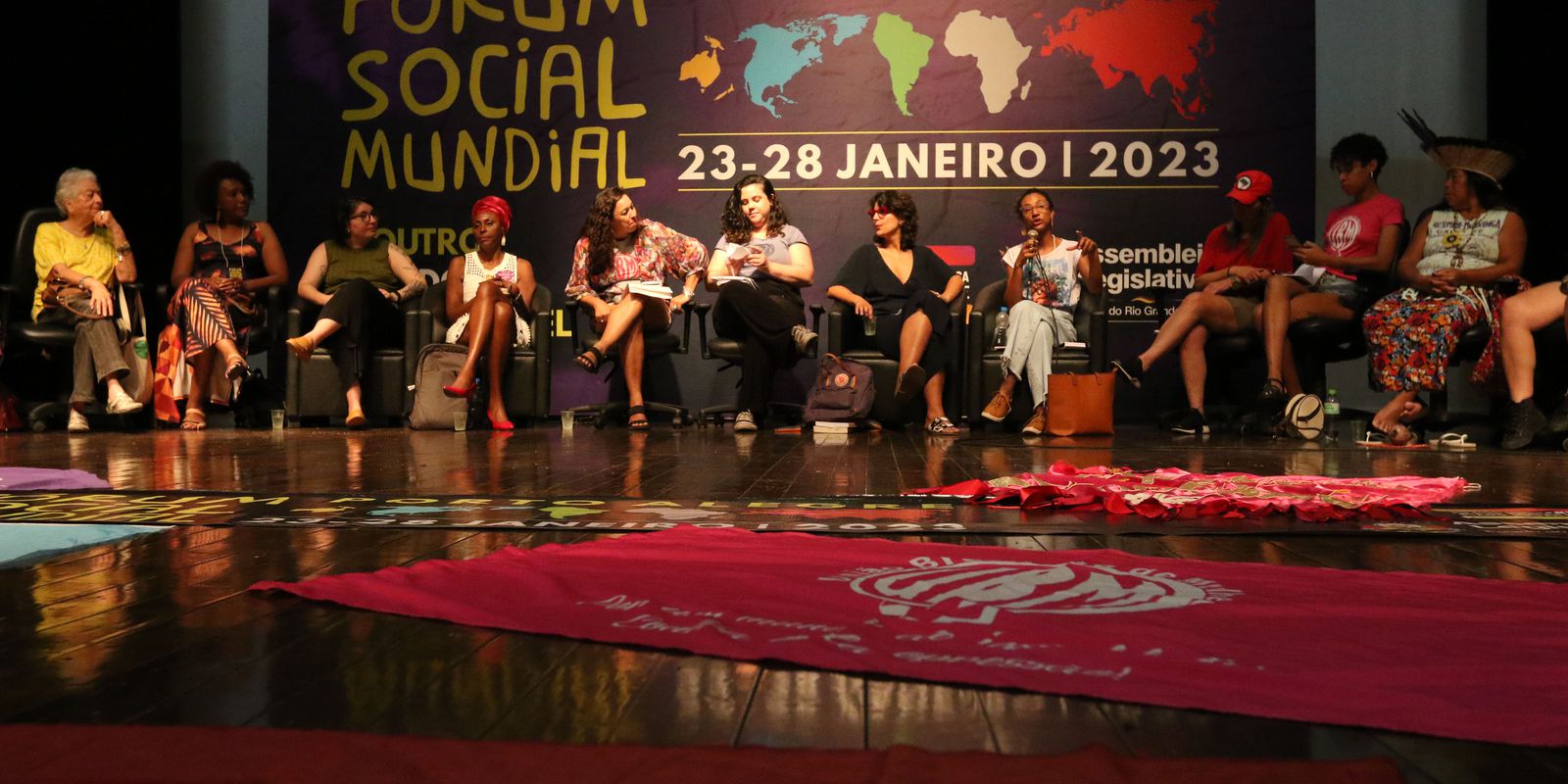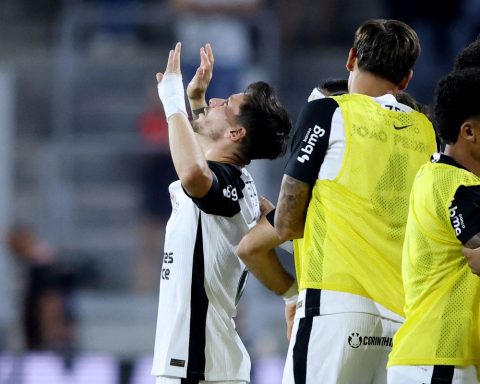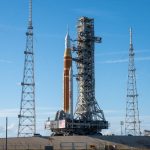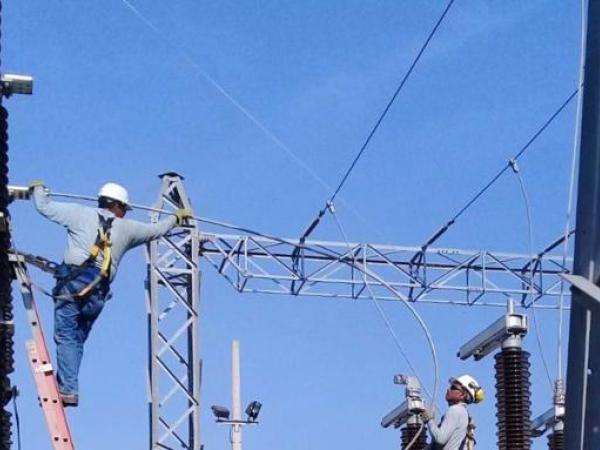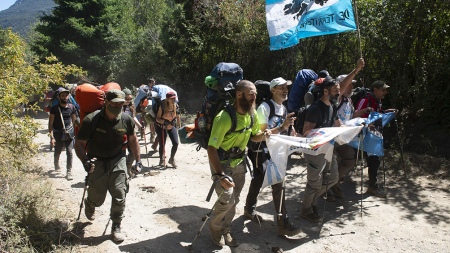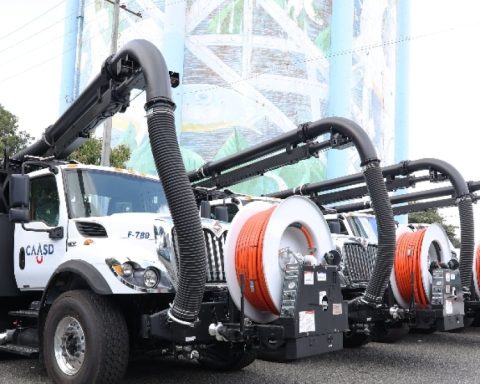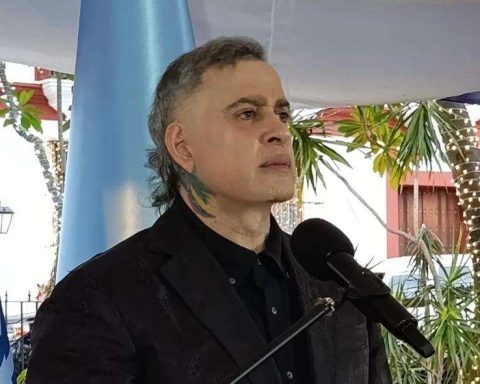The World Social Forum (WSF) ends today (28), in Porto Alegre, with the World Social Festival at Parque da Redenção, located in the Bonfim neighborhood, in the central region of the city. The last event includes poetry, circus, painting and concerts, starting in the late afternoon.
In conversation with Brazil Agency, during the week, one of the founders of the forum, Oded Grajew, explained that the idea of the event has always been to discuss social agendas, inclusion, diversity, sustainability and democracy. According to him, in these 21 years the event has been very successful in guiding these themes in society as a whole.
“These were subjects that were not talked about much. The neoliberal issue of the economy was much talked about, but the issue of the environment, sustainability, democracy, reducing inequalities, entered the agenda and I think the World Social Forum has to do with that”.
Grajew also points out that the forum strengthened connections between movements and social entities and the demonstration of strength by civil society.
“It is a bet on the articulation of civil society to carry out these guidelines. And it was articulated worldwide, the forum is global and unfolds in local, thematic, regional forums. And we saw the result now in the resistance to the coup, civil society reacted, articulated, moved, mobilized. I think that the elections now, Lula’s victory, the resistance to the coup, has a lot to do with the strength of civil society, which was strengthened at the World Social Forum”.
Diversity of topics
Throughout the week, the city hosted debates on a wide range of topics. One of them, on the inclusion of women and black people in public policies, had the participation of former deputy Manuela D’Ávila.
“We need to recognize that there will only be a fair and developed Brazil if it is for all the Brazilian people. The Brazilian people are not white men. They are also part of the Brazilian people, they are part. We are not the niche, right? We are the Brazilian people. They are the Brazilian people, black people are the Brazilian people. We need to deconstruct this idea that feminism is about the niche and the universal subject is a white man.”
Topics such as solidarity economy, sustainability and food production, democratization of the media, social participation and the indigenous question were also discussed. There were six days, with 170 self-organized activities, those organized by the movements themselves, as well as workshops, artistic interventions, conversation circles and cultural activities.
In addition to seven large round tables organized by the forum’s facilitating committee, with the participation of Ministers Márcio Macedo, from the General Secretariat of the Presidency, and Marina Silva, from the Environment. At least 1,500 people signed up in advance to participate in the activities.
The World Social Forum was created in 2001, in Porto Alegre, to oppose the World Economic Forum, which takes place annually in Davos, Switzerland. Editions have already been organized in India, Kenya, Senegal, and Tunisia, in addition to other Brazilian cities, such as Belém and Salvador.
